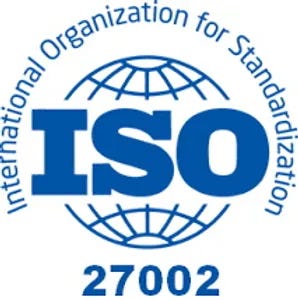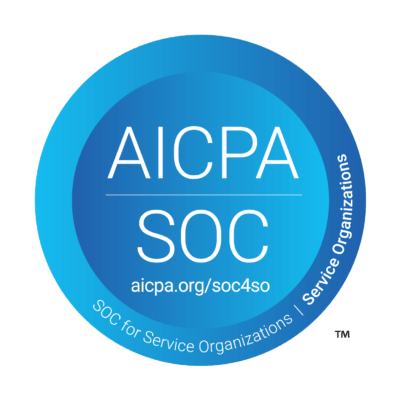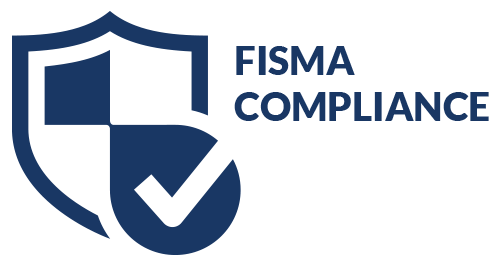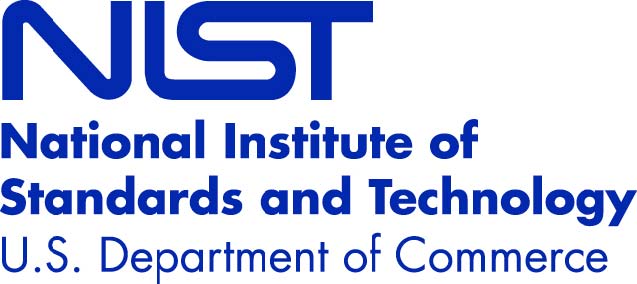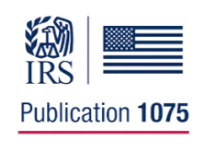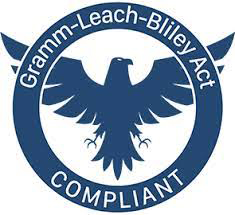Education is a necessary financial evil. Higher education is required to provide the best opportunity to securing a financially-gratifying career, yet the financial burden of higher education can break the bank. Most students are unable to afford college tuition without some sort of financial aid, often in the form of student loans. With student loans and a difficult job market comes student loan debt. As with any other type of debt, this needs to be examined without a “lumped in” approach, not just for the benefit of the student, but of the institution as well.
Warning, stormy debt conditions ahead!
Student Loan Debt is Still Debt; Don’t be Fooled!
Although the terms “financial aid” and “student loan” may seem to soften the debt blow, do not take it lightly. Student loan debt is still very much as real as any other debt. It needs to be held in such regard. Defaulting on student loans is just as detrimental as failing to pay a mortgage or car loan, and your accounts receivable management should treat it as such.

Debt is debt and needs to be mitigated with the same mentality across the board.
Therefore, the key to managing student loan debt is equivalent to all other debt. This means that there needs to be a subjective element when conducting financial debt recovery based on the individual at hand. No two student situations are alike, nor should they be treated as such. The goal of your accounts receivable management is to obtain payment from the borrower. The goal of the borrower is to repay the debt to avoid fines and damage to credit. Both parties will suffer if a case-by-case approach is not utilized.
Curing the Big “C” with another “C”: Communication
The cure for the student loan debt cancer comes down to communication between your institution and the borrower. By establishing good communication at the beginning of the loan process, both the student and the institution will be able to adjust as needed over time.
Given the nature of what student loans are used for, it’s important to keep in mind that borrowers’ levels of income will fluctuate greatly in the beginning phases of post-graduate life. Until finding steady career employment as a fresh graduate, some borrowers might have trouble meeting payments or sticking with deadlines. Upon finding a job, the payment amount could increase to expedite the repayment process. These elements will never be addressed if there is no open line of communication.

The vise grip of the student loan repayment fund will loosen and tighten based on the unpredictable job market; a very important factor to take into consideration to help ensure the best possible odds for payment.
Another situation that reaffirms the importance of the case-by-case approach to student loan debt is what is known as eligible employment. If you are dealing with a borrower that also has federal loans, certain fields of employment may partially or completely cancel out their student loan debt. This means more income to pay off other debt to your accounts receivable management.
As with all debt, it is important to keep in mind that no two situations are alike. To best ensure debt recovery there must be communication. To find out more ways to improve the efficacy of accounts receivable management and more, contact us today.
Want to learn more about TSI? Fill out the form and a TSI representative will contact you shortly.
